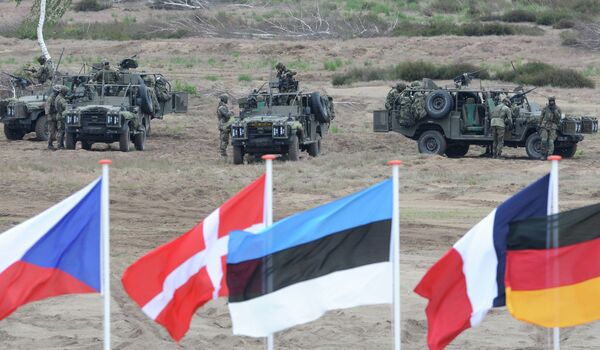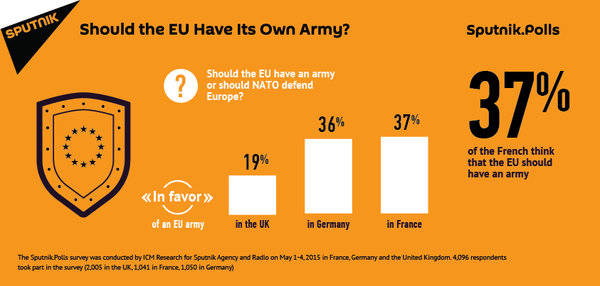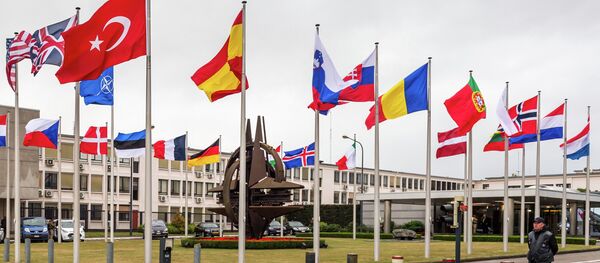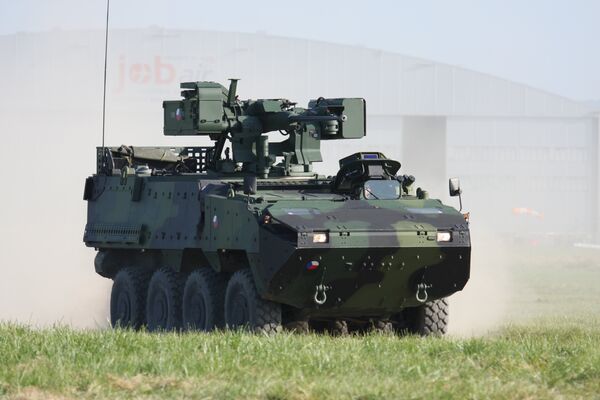NATO's new members, including Czech Republic, Hungary and Slovakia, promised to maintain their military spending at 2 percent of GDP and managed to stay true to their word for some time.
According to the experts, the sheer amount of spending is by far not the only issue. Specific articles of expenditure matter greatly and they provide an even bleaker picture.
Some new NATO members tend to spend more on soldiers than equipment or capital investment. Take Slovakia for instance: Bratislava allocated nearly 70 percent on military personnel, the analysts noted.
"Central Europe's militaries run the risk of becoming collections of bureaucrats in uniform rather than effective fighting forces," Rohac and Dubéci observed in an opinion piece published in the American Interest.

If this still does not look like a reason for major concern, then there always are shady contracts. Arms deals in Central Europe are often classified and unavailable for public scrutiny, the experts noted. Hence, they make a perfect breeding ground for unscrupulous interactions.
In 2009, the Czech government signed a $577 million deal for the delivery of over a hundred Pandur armored personnel carriers.
"The purchasing price per carrier was more than three times higher than in Portugal, where the government bought, at around the same time, a different batch of Pandurs with superior features and equipment from the same company," Rohac and Dubéci narrated.
Slovakia and Poland have not been immune to this issue. Both countries, according to Rohac and Dubéci, inked arms deals purchasing hardware for prices exceeding the stated cost.
"Corruption aside, defense capabilities across the region are fragmented, with a low degree of interoperability," the experts also noted, adding that increased military cooperation would be impossible without overcoming "serious bureaucratic hurdles."








